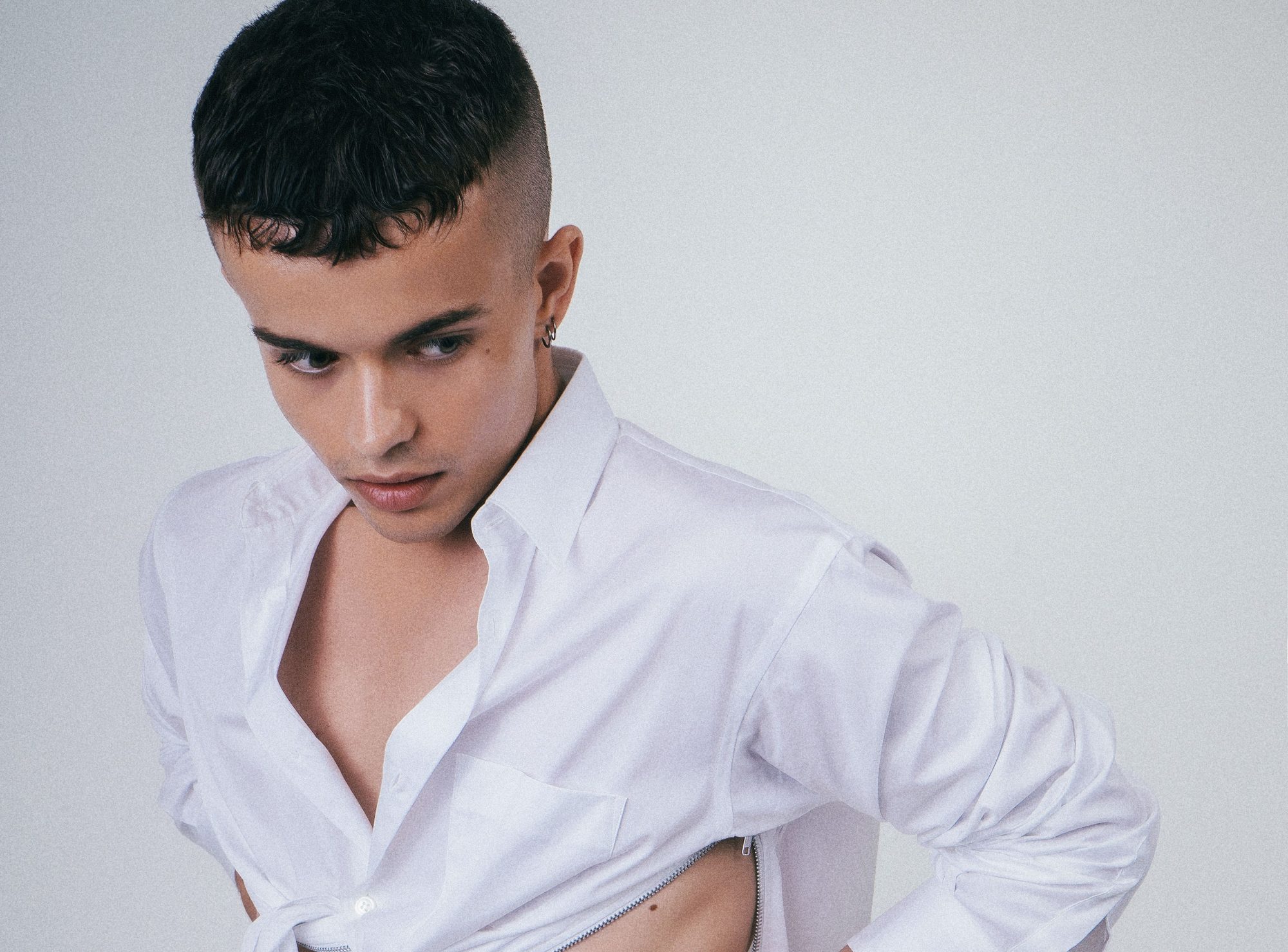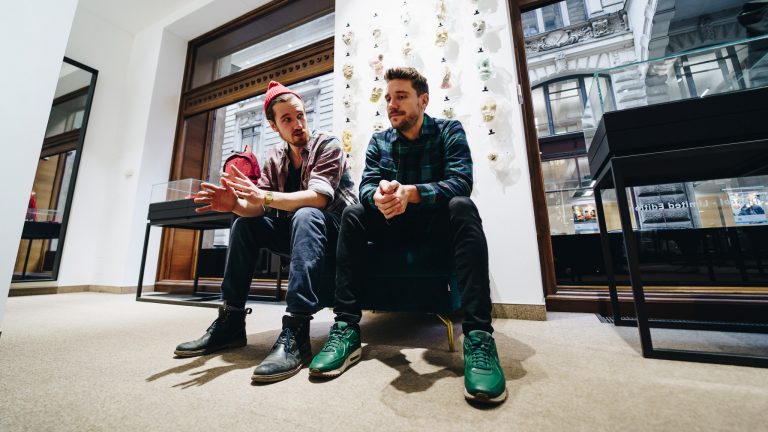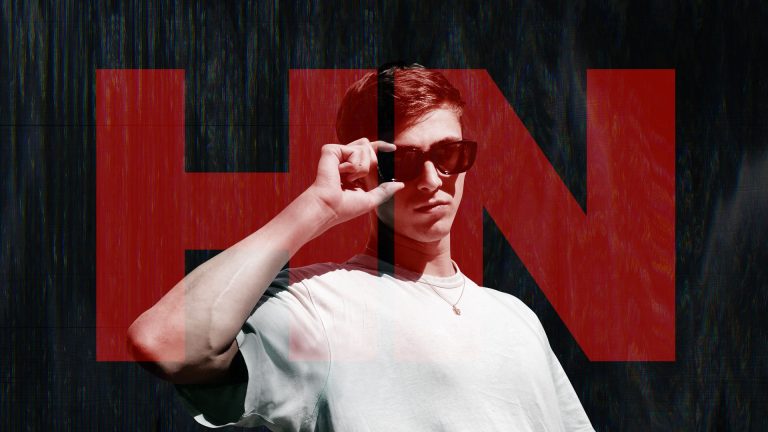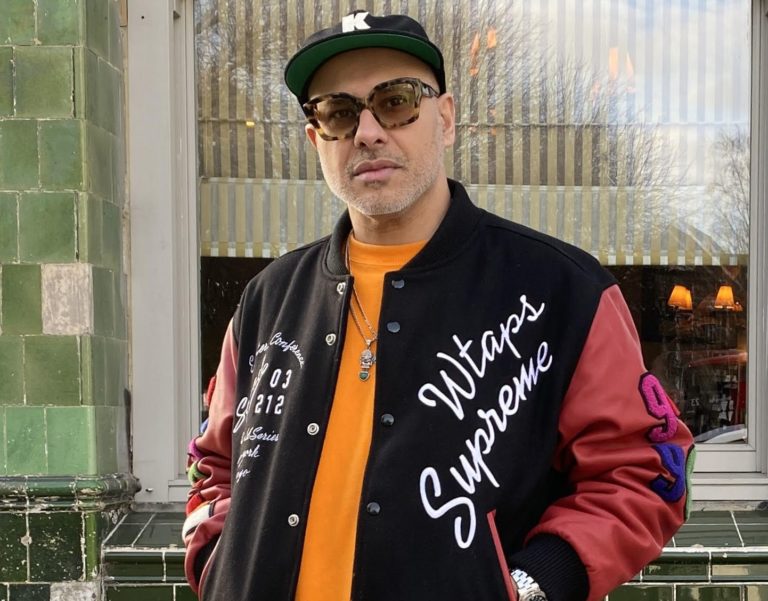Kryštof is an LGBTQ+ activist who spent most of his youth abroad. In this interview, he’ll be sharing his experiences with online and offline reactions to him and talking about the current situation regarding equality in the Czech Republic.
Can you introduce yourself, Kryštof? Who are you and what do you do?
I’m 22 years old, and I’m from Prague. I’m gay, queer. I study law and politics at university in France, because I’ve always wanted to pursue human rights. I had an internship in Brussels in the European parliament. For a long time, I was convincing myself to get into political activities, because I wasn’t sure whether a political group with an interest in LGBTQ+ activism existed and to be honest, I’m still convincing myself. At the moment I’m really happy with my life – I’m doing well in school, I have a great community of friends around me and most importantly, I have freedom.
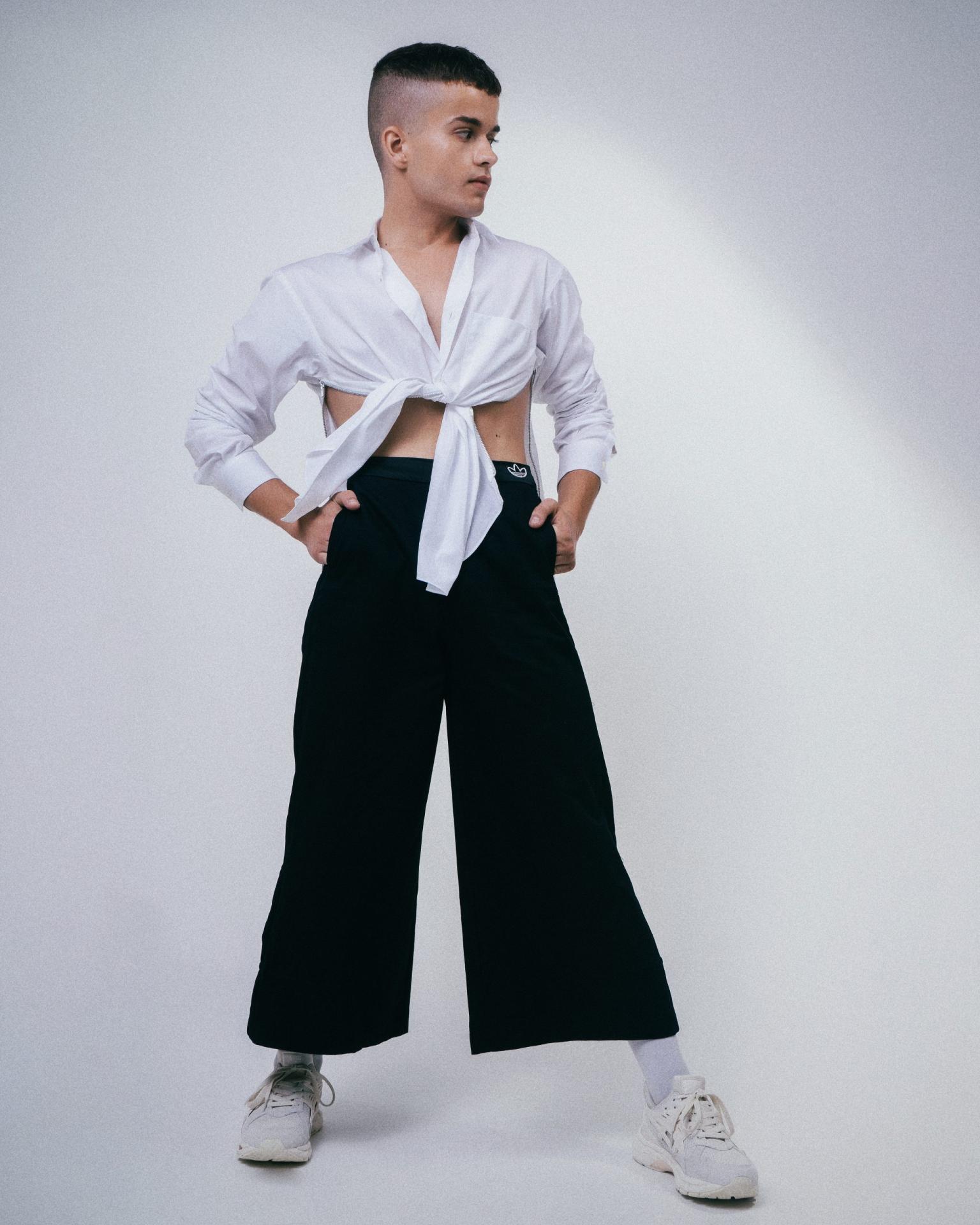
How did the people around you react to your sexual orientation? What about your close family and friends?
I come from a very Catholic family, so my coming out was complicated. Since I was young I knew I was gay, but I only started understanding with the internet, because I didn’t have anyone to talk about it with at home. While growing up, my parent’s support was unfortunately absent for the most part, and they didn’t take my coming out well, either. They sent me to a monastery for a Catholic summer camp, because they thought I was sick and that this would cure me. Even now, my relationship with my parents is complicated. But we talk sometimes.
On the other hand, I have 5 great siblings that I get along with excellently. At 16, I wanted to go away from home, I got a scholarship and went to an American boarding school. Since then, I’ve been studying abroad in several countries. Just this last year, I went back to the Czech republic, but I’m finishing university in France. Even in high school, I pursued the problematics of LGBTQ+ and worked on making the school’s rules inclusive. Then, at university in France, I was in the student government where I was able to carry through quite a lot of things regarding LGBTQ+. I tried to make it easier for people from the community, so they could be themselves.
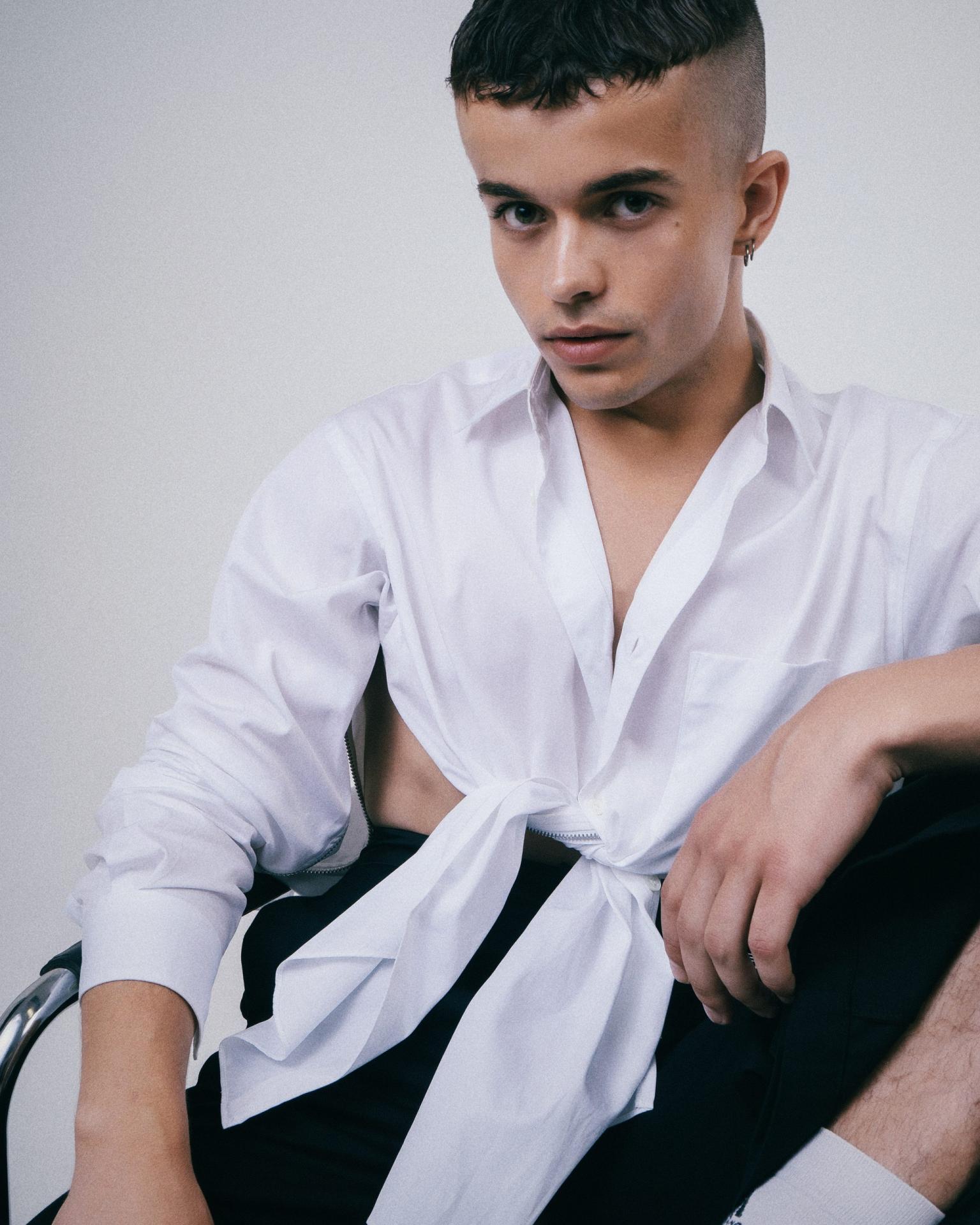
What reactions do you meet in the online and offline worlds?
Basically, in Prague I get some sort of reaction every day. Hate speech about once a week, I get called a faggot roughly once every two weeks et cetera. I guess I’ve grown thick skin though – in a way I already expect these reactions and I’m “used” to them. Because that’s all you can do. I don’t leave my home without headphones, so I don’t have to listen to insults, I wear black shades and try not to look at people too much.
I’m very expressive. I deliberately dress queer. I want to dress how I feel. What really bothers me is how some of the reactions I encounter impact the people I’m with. For example, I was on a date once and stopped to talk with one of my girl friends. Suddenly we heard: “If they don’t leave right now I’m going to be sick”. I started threatening to call the police. The people saying that left, but my friend was shocked. This behavior is twice as shocking to people that aren’t used to it. I’ve also experienced people spitting on me from cars – I walk further from the road these days. And people are much braver online, that’s why I don’t go on Facebook anymore. For the most part, I communicate on Twitter. Haters often make screenshots and put them on Facebook, where they get comments telling me to “go hang myself”, “get treatment” et cetera. In the past, my friends used to send it to me, but these days I don’t want to see it anymore.
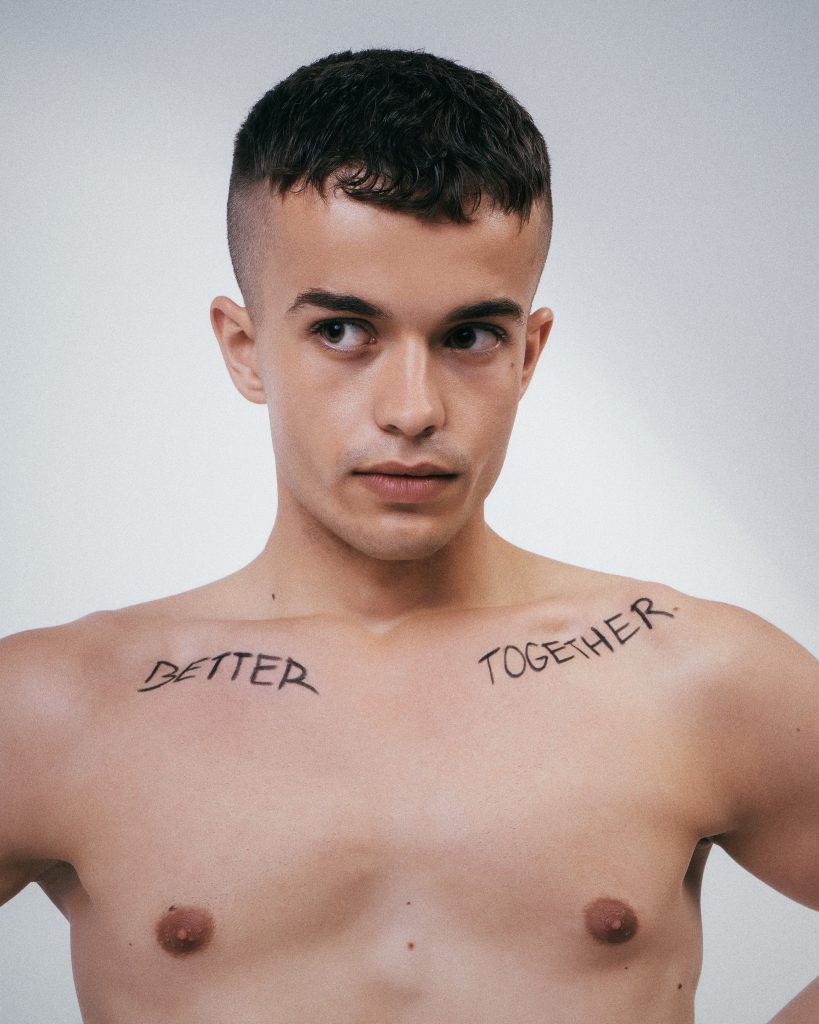
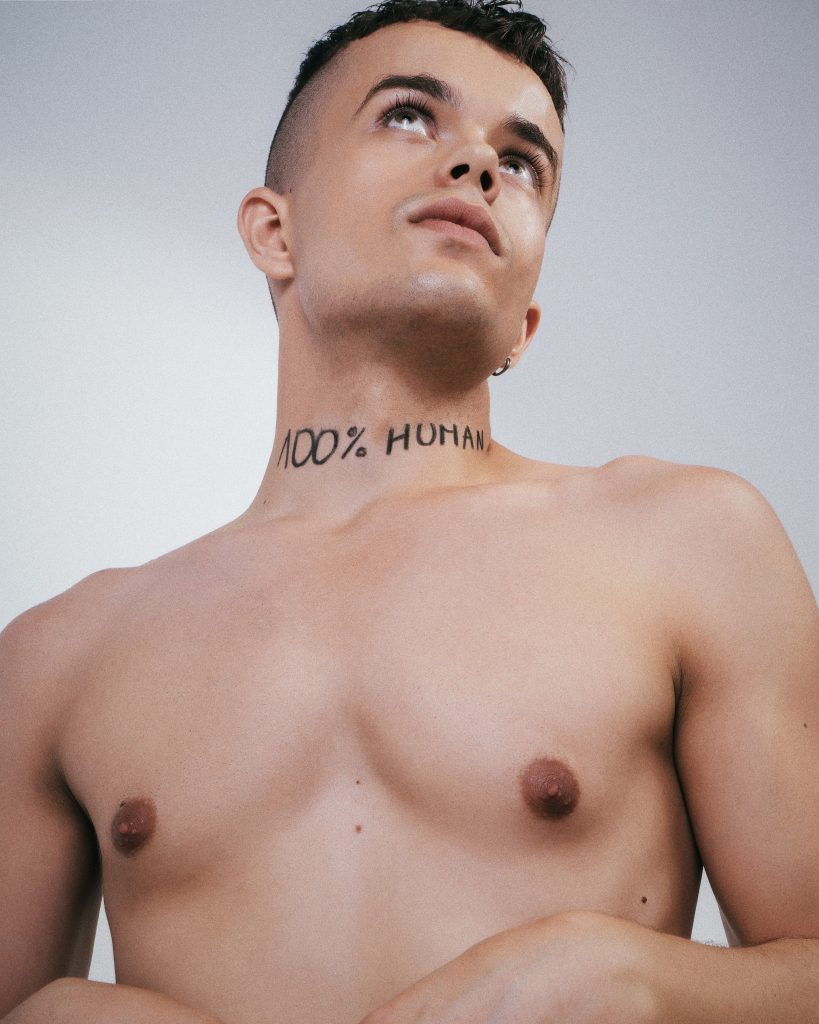
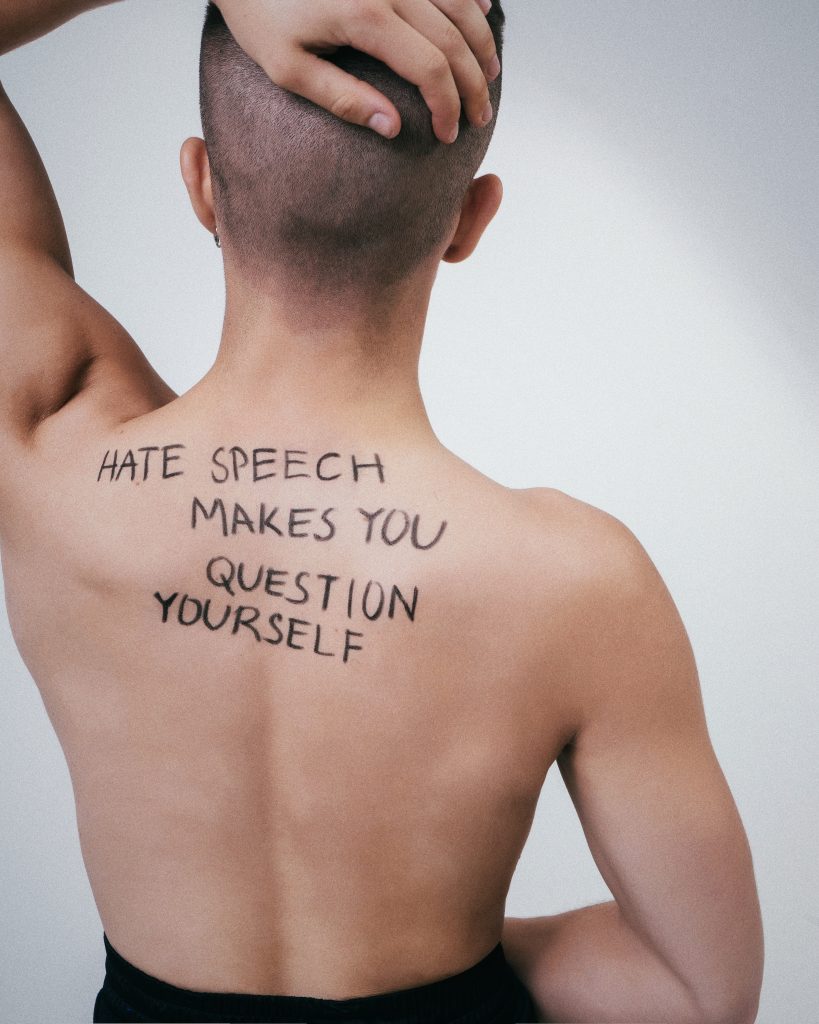
Did you ever experience a different then verbal attack?
When I was 17, I had my first traumatic experience. I was in Sarajevo, Bosnia and it was quite common for people to shout at me on the street. Once, I was taking photos of Sarajevo and noticed a group of about 4 guys looking at me in one of the pictures, and I had to walk by them. They went after me and one of them had a knife. I spent about an hour running away from them before I got to the city center, where there were other people and I felt “safe”. To this day I don’t have the courage to look at the picture. That bad experience motivated me to write my seminar work on LGBTQ+ rights in Bosnia, so I contacted the lawyers from the Sarajevo Open center institution and wrote it.
Then, one semester I was in Morocco in Rabat, holding hands was nonexistent – people would start throwing stones. And in Athens, I got thrown out of a store. I was there with female friends, the clerk refused to serve me and pushed me out of the store. That’s when I called the Greek police and the Czech embassy. The police arrived after an hour, wrote it down but said that since no one got injured, I can’t do anything except file a lawsuit – and the lawyers from the consulate told me that it isn’t worth it. These experiences helped me build a “wall” around me and some things just don’t get through anymore. I try to ignore them.
Do you feel like society’s reactions and the whole social situation is moving in the right direction?
Generally, yes. It’s great to see Czech people make progress, younger people especially are more tolerant. But Czech people give more of a silent reaction. When something’s happening, they’re quiet. Most of society is fine. The smaller group, about 10%, is radicalising. A lot of politicians don’t comment because they don’t want to lose votes. Public debates are absent. And there are people in parliament who influence the public through the media and support hate speech and homophobia is more of a counter-opinion.
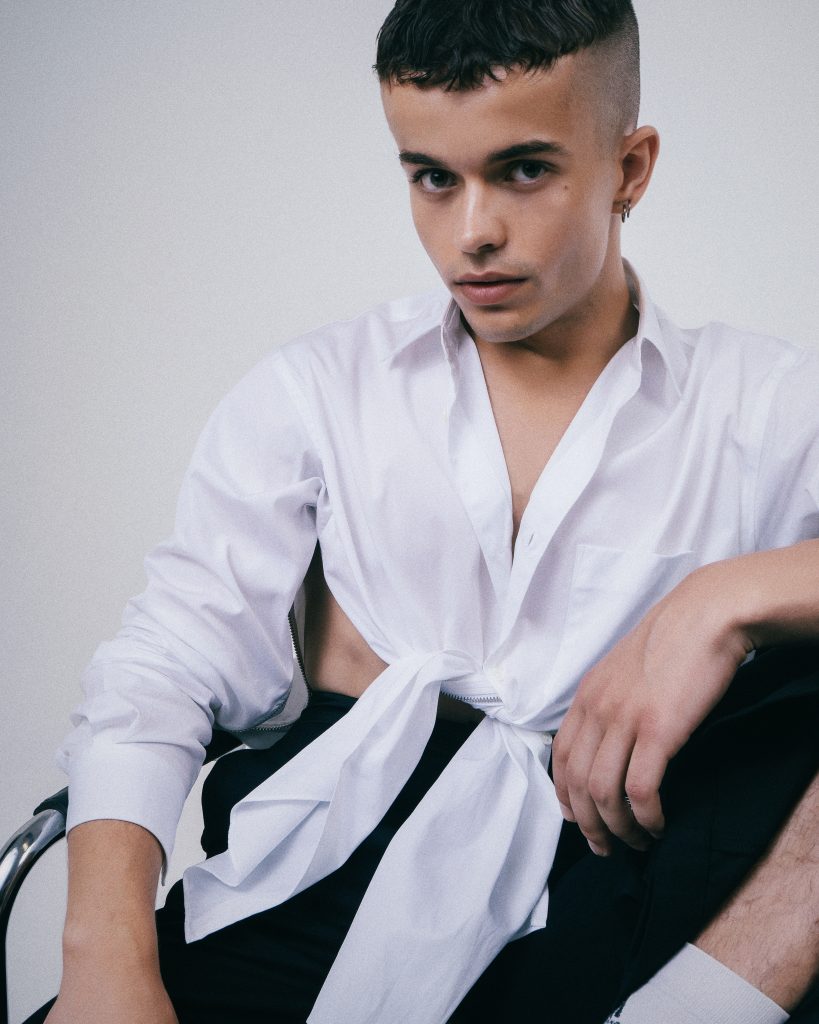
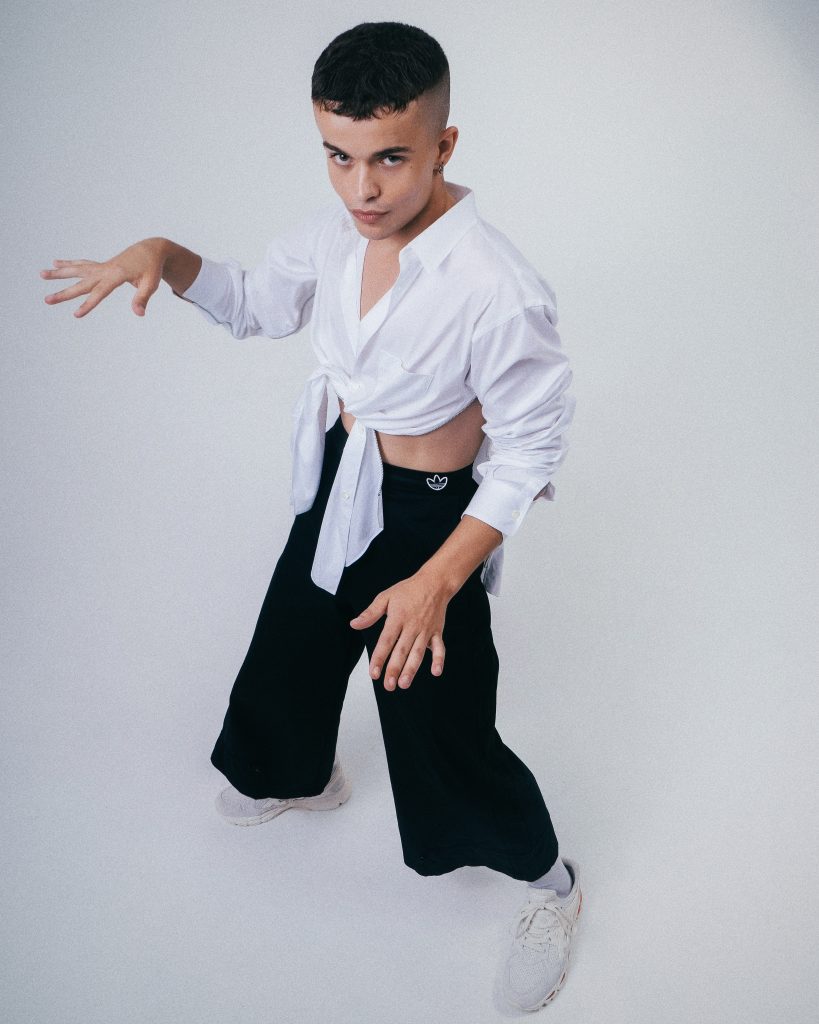
What’s the background of the #dopiszarovnost initiative (letter for equality)?
I organized a campaign before the vote for the equal marriage law. I founded a website with information about indecisive members of parliament, I met several of them personally, for example Mr. Gazdík. I tried to convince hundreds of people to write letters to members of parliament expressing their support for equal marriage. I believe it was worth it and that it helped.
What would you tell people as far as acceptance and equality is concerned?
People attack our appearance through hate speech and comments, but have no idea what kind of impact it has and that they’re attacking our identity. And even though we have these “walls” around us, hearing it again and again has an impact on us. People need to understand that attacking someone’s identity is wrong. It’s necessary to speak up when you hear or see something. Silence helps homophobia, doing nothing is complicity. It’s also imperative to mark hate speech and hate crimes as illegal and crimes. For racism, it’s illegal, but as far as sexual or gender orientation goes, it’s not.
What are your plans and goals?
I want to educate people, starting from the top. I see problems in Czech law and want to make a change in this area.
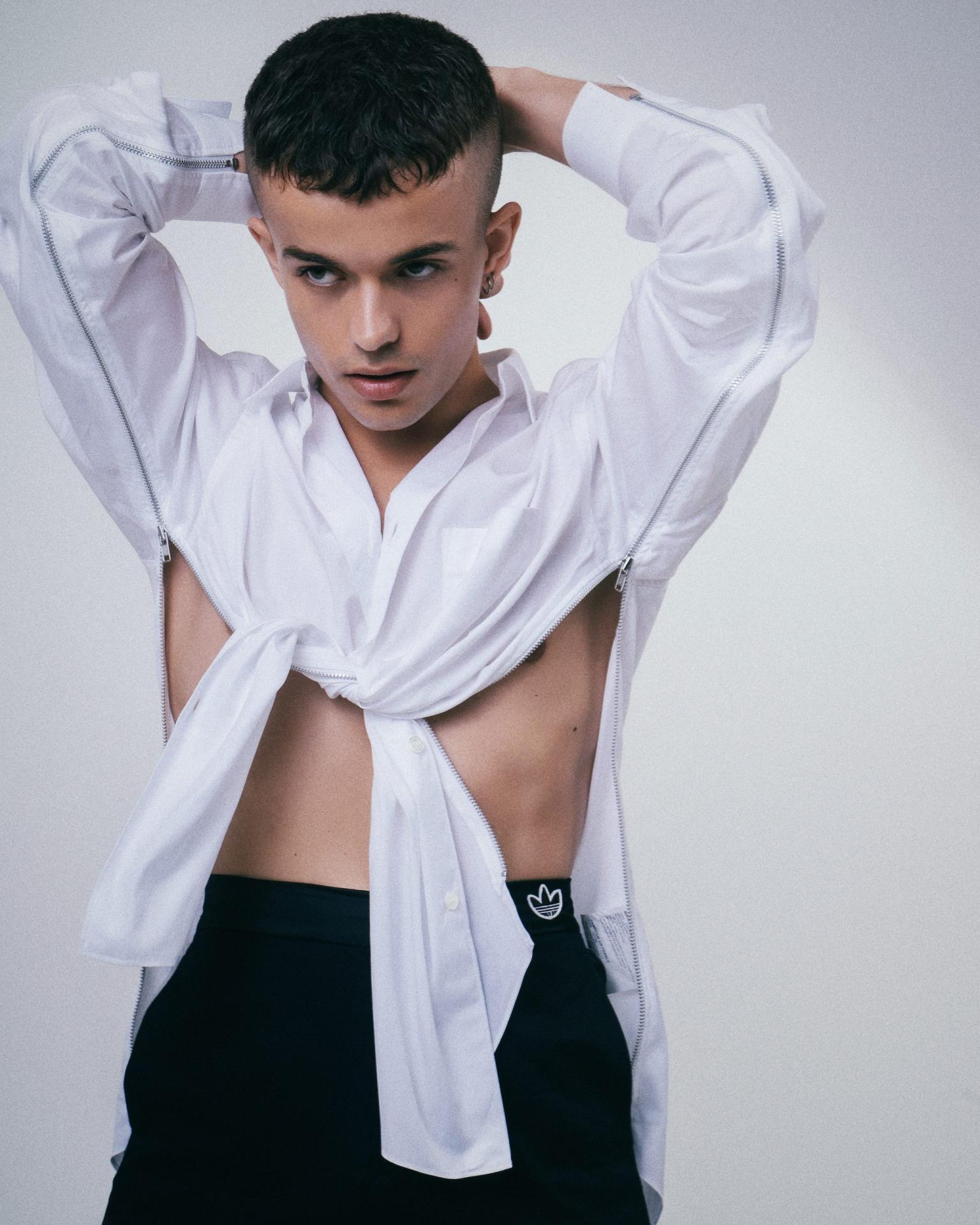
Credits:
Photography: Vlad Shaf @vladshaf
Production: Ngoc Anh Nguyen @imthxqueenb
- KishKash: I want to set up a museum dedicated to contemporary culture - 23. 3. 2022
- Shlømo: Nowadays, youth wants to feel the 90’s freedom rave vibe - 4. 1. 2022
- FTSHP Fit w/ Blanka & Mika - 16. 12. 2021
